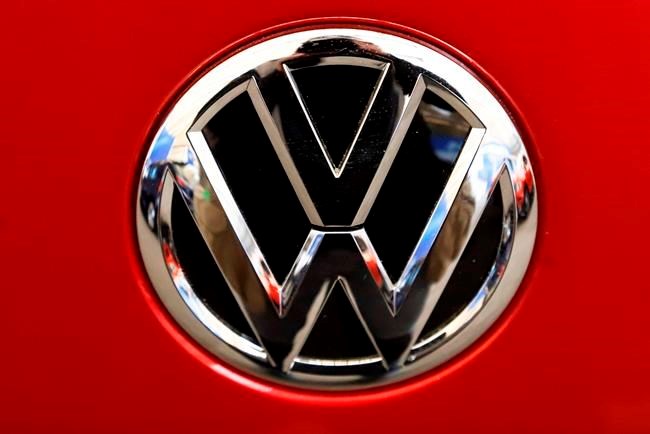OTTAWA — Finance Minister Chrystia Freeland said Wednesday that the federal government plans to make the production subsidies it's offering to Volkswagen tax-free to match the incentives offered by the U.S. Inflation Reduction Act.
Her comments came after the parliamentary budget officer published a report saying Canada's contract with the German auto giant to build an electric-vehicle battery plant in southwestern Ontario would cost the federal government up to $16.3 billion over the next 10 years.
That figure is higher than what Ottawa previously said the deal would cost taxpayers, a sum that included a $700-million upfront capital investment and up to $13.2 billion in production subsidies.
The Parliamentary Budget Office estimate included the $700-million contribution for the construction of the plant and $12.8 billion in production support.
However, the PBO said that for the production subsidies to be equivalent to the incentives offered by the U.S., the federal government would have to make tax adjustments totalling $2.8 billion.
That's because the U.S. offers production tax credits that are tax-free, whereas the Canadian subsidies would have to be taxed under current tax legislation.
"The IRA tax credits are not taxable, and so it makes sense that the treatment of our incentives, which are designed to level the playing field, would be comparable. And that is how we will proceed," Freeland told reporters on Wednesday.
She said her government would change current tax legislation to make the subsidies tax-free.
The PBO report published Wednesday provided a fiscal and economic analysis of the construction phase of the facility only, leaving out the operation phase.
Yves Giroux, the parliamentary budget officer, said his office is unable to take on analysis of the costs and benefits arising from the operation of the plant until it receives clearance from the federal government and Volkswagen.
He said the deal includes confidential information regarding minimum production levels that cannot be disclosed directly or indirectly.
"It's very hard to assess without doing further analysis and without being relieved of the confidentiality provisions that cover the production schedule," Giroux said in a media briefing.
The analysis of the construction phaseestimated that the deal would create a peak of 3,100 jobs at the start of 2026, but that figure would fall to 1,400 by the end of 2027.
The federal government announced in April the details of the deal — which would see Volkswagen build its first gigafactory outside of Europe —and promised it would create up to 3,000 direct jobs and 30,000 indirect jobs.
This report by The Canadian Press was first published June 14, 2023.
Nojoud Al Mallees, The Canadian Press

